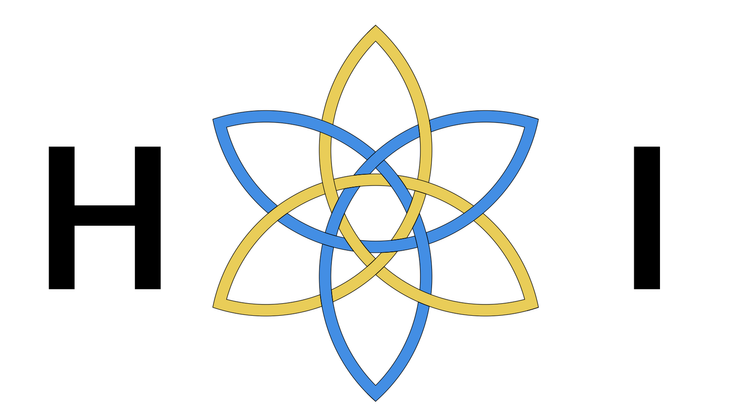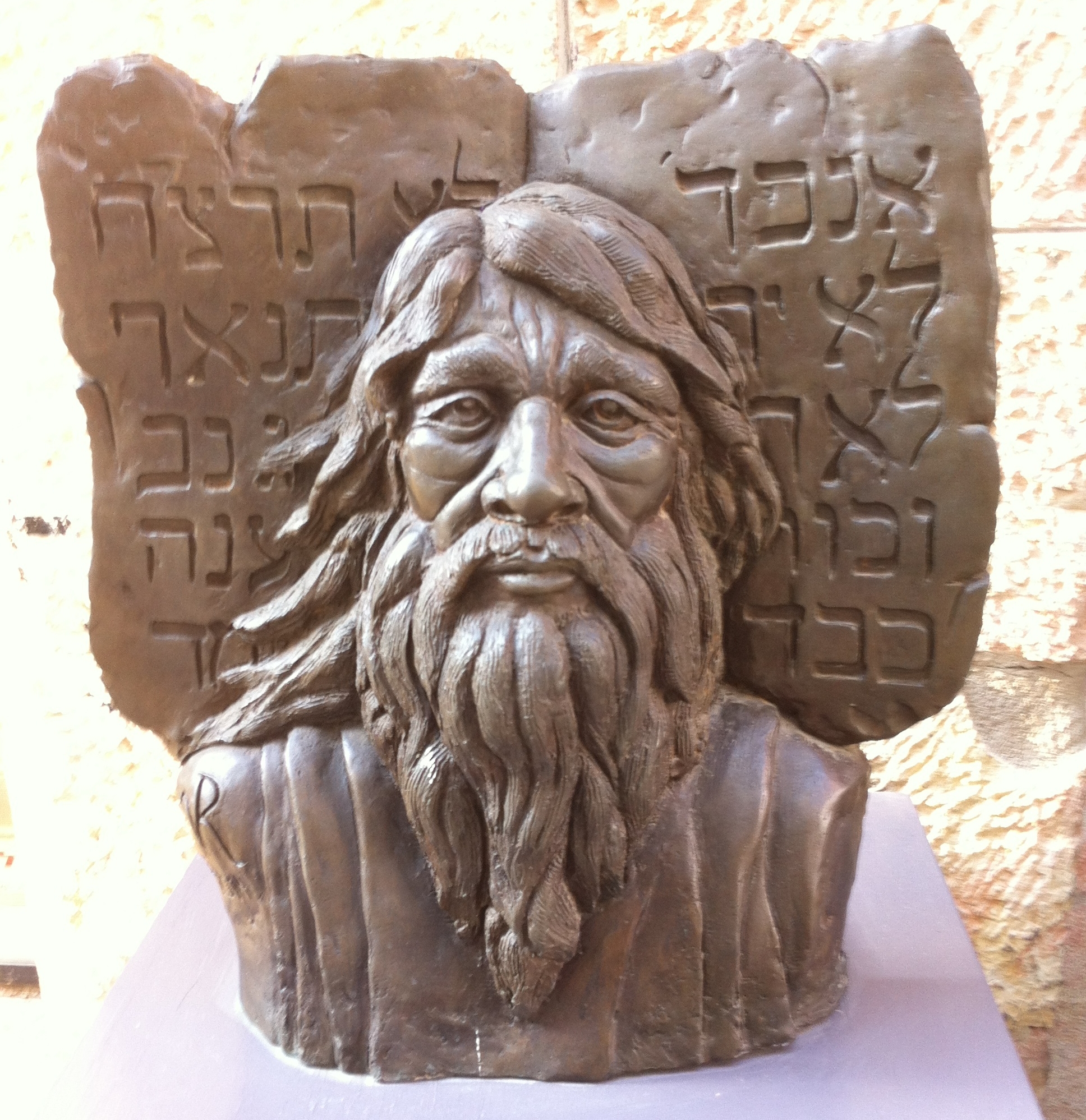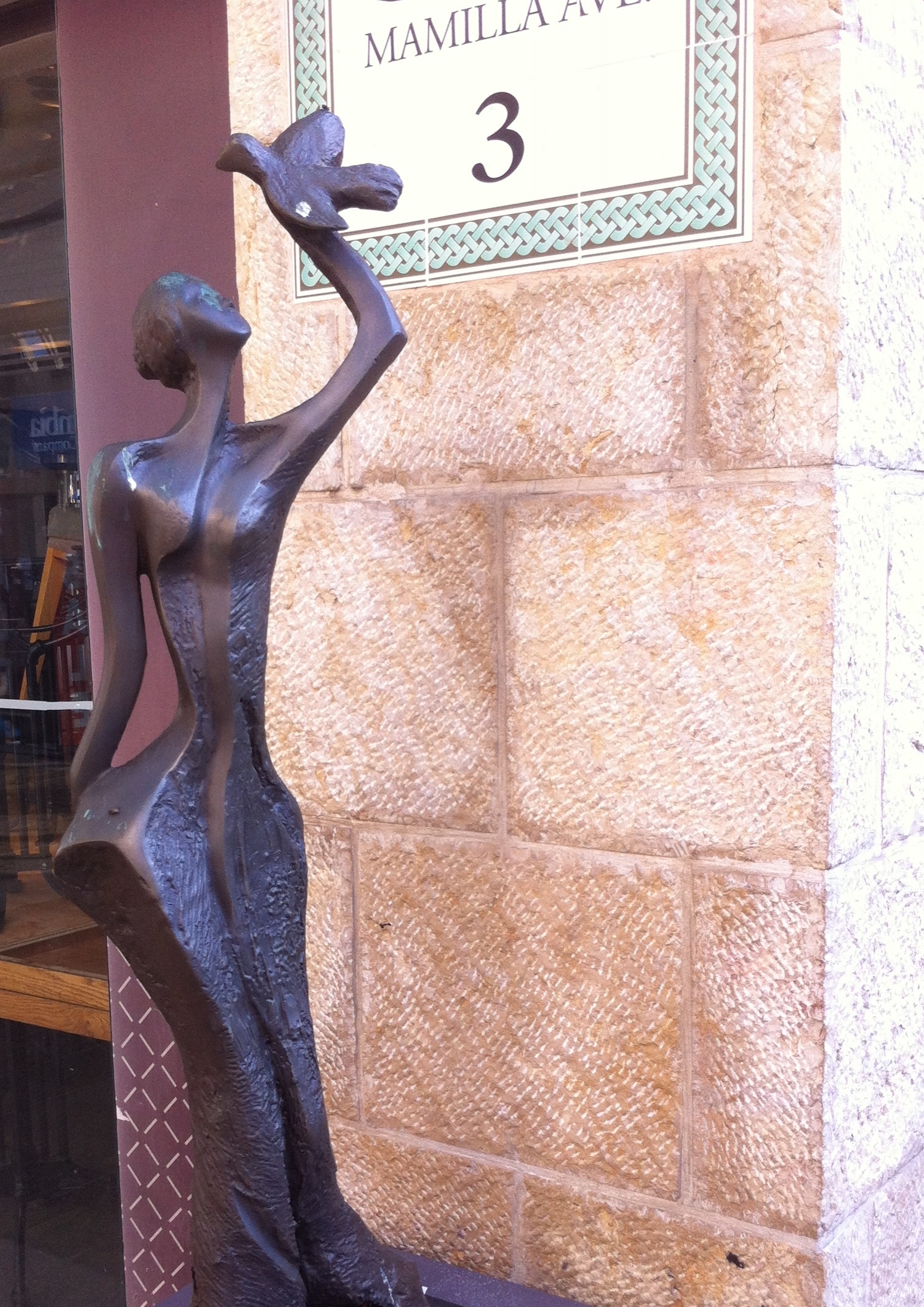It felt normal to be in Israel during three summer weeks 2018. The construction of the Tomb of Maimonides in Tiberias has been finished. The water level of the Sea of Galilee was about 40 cm lower than in the spring 2017. The war in Syria passed the Syrian Israeli border across the Golan Heights and unlike the years before when meditating in the silent retreat, we could hear war.
Blue Mosque, Haram esh-Sharif, Jerusalem. August 2018.
A few days later in Old Town Jerusalem, the atmosphere felt normal to me. I was exited and felt lucky to be there again. The light, the noises and the people living in the city. People are walking in their own pace, based on their prayer times and needs. Last year I was so happy and surprised to not see signs of the tension and provocation, provocations among young people, I remember from my first visit in 2015. The togetherness of Jews, Muslims and Christians is finding its structure and its mode of organization. I noticed small changes. The Jewish house I pass when walking from the Damascus Gate towards the Western Wall is now running a little café, and a Palestinian café has opened just around the corner in the Via Dolorosa, too. The strong Palestinian man, who owns the shop at the corner, wrestles playfully with teenagers while Israeli border police is standing at ease in their guard station nearby.
Jerusalem, Israel, August 2018.
The holy city is opening its gates to the world. The lawns around the city walls seem greener. The walls as such seem to shine. Of course I also want them to shine in the light of peace and freedom. Is that why I am seeing them shine? It’s a beautiful place and many hands are taking care of it, allowing guests like me to visit.
City walls, Jerusalem, Israel August 2018
Time to listen
The Temple Mount (Haram esh-Sharif), the olive trees and the Dome of the Rock, as well as, the Al Aqsa mosque, exhale a profound quietness. They are places to breathe, to take a breath. They are also places to rest and pray. Everywhere in the city, there is a place for someone to sit, to wait, or to pray. In the Jewish quarter, the golden menorah has moved to a new place next to the main synagogue. When will the countless souls that have been traveling the city find their homes? How can we heal the pain of our souls, within our time? How to prepare our house for a time in peace? It’s a worldwide wish. A uniting voice.
Haram esh-Sharif. Jerusalem, Israel, August 2018.
The prophet would say: ‘Don’t move too fast and listen to your heart. God is among us, listening, walking with us, talking to us; within the walls and its open gates. Keep talking with each other and you will see the changes we want to see. Please start talking, every day again, as if we just stopped talking a moment ago.’
Mausoleum, Jerusalem, Israel, August 2018.
My visits to Ramallah and to Nazareth did not change my image of normalization. How to organize every day life in an atmosphere of declining aggression? Traffic pushes through narrow streets and people do their daily business. I hear from locals that daily life is not easy to manage and parents want to see a better future for their children. Normalization meets new dynamics. Israel and Palestine are changing again and again and investing in their future. I think it’s one of the most innovative and creative places on earth, with Israel’s innovative spirit being a strong driver in this economic and social process. Mixing into the sound of the Middle East. Walls are not high enough to keep words and ideas apart. Sound travels. And I believe that within the young Palestinian generation the innovative and creative spirit and start-up mentality will be seen more and more. Within the world of innovation and creativity, there is so much to share.
Stopping by the court house
Normalization, a rule based organization of a state and its society, also means to accept the law and the justice spoken in a court house. What needs to be accepted as the highest authority in a state? We must choose between the law of power, or the power of law. The law of power will end in destruction, the power of law will lead to integration. I went to the court house in Nazareth and the guard explained to me which sessions I could attend and where to find the rooms. Unfortunately, the ongoing sessions where juvenile court cases and not public. It was a sunny afternoon and time for coffee nearby.
Court house, Nazareth, Israel, August 2018.
Ramallah, Palestine, August 2018
How about a union?
What does normalization mean? Does it mean that it is now time for peace negotiations and agreements that begin institutionalizing the togetherness of all people living within Israel/Palestine. What if normalization only allows for the benefit of some people? While other start to give up and get frustrated; this frustration can potentially lead to protest and violence. Violence does not help anyone (“peace is patient”). Violence does not help institutions to grow or be seen in the world. Where is the spirit we can give these institutions? I miss words at the moment. The walls of Jerusalem miss the words; words that we all need to hear. Words of peace and of togetherness. Not only words of recognizing each other as nations and states, but also to realize that as a single state alone we cannot solve the trans-national problems of the future. Let’s talk about a political union in the Middle East. A place where former enemies come together to build political institutions that seek the productive spirit of decision making, solidarity and peace. We can listen to Jean Monnet’s words “Nothing is possible without men; nothing is lasting without institutions.”
Creating a union. Nazareth, Israel, August 2018.
Peace in Jerusalem, peace in the world
Peace in Jerusalem, peace in the world. It is happening every as people work together and interact as neighbors in Jerusalem and across the world. People from different cultures, different ages and different social background cross their paths every day. I felt people’s wish to avoid tensions and to organize a way to live together — to create and keep peace in the city. They are working towards something, I don’t believe that dividing the city again will bring us closer to peace. How can we divide a holy city? If we are willing to put our efforts into dividing the city, why not better use our words and political will to work towards cooperation and integration. We owe it to the future of our world. In order to recognize each other, we must listen. Words between leaders and neighbors; words between mothers and daughters, fathers, sons. Words of freedom, spoken together. The words we want to speak together in the future, let’s speak them out today. Be the light you want to see — be the word you want to hear. Words. Words for future generations. God, the merciful and compassionate is already there, trusting us. Can we create the will to do it together? Based on our words and trust, we can organize political and social transformations, nations need to live together in peace.
My days in Jerusalem, my prayers at the holy places, my thoughts on nuclear disarmament, safeguard and verification, thoughts and hopes for an Israeli-Palestinian peace process, these days left me with feeling: it’s possible. Don’t ask me how or why? Walking through Jerusalem I could see, that by talking with each other, people are organizing peace together. Every day. Maybe the words haven’t changed, instead it is merely the right time to talk, and we can feel it — our wish to talk.
Jerusalem, Israel, August 2018.
Beauty is powerful
“There is hope in the young generation, we build it from the ground” a young woman in Ramallah told me.
I hope the men and women in power will speak the words of the young generation today. To share words of beauty and dignity. It’s time. It’s normal — normal for us to talk. As women and men, young and old together. That is all God wants from us, to meet and to talk, to meet again and to talk again. Talk. Build the institutions that can keep peace in the countries and on our continents for the next generations. Keep talking, be a light. Show it to the world. Together we can build a union.
Jerusalem, Israel, August 2018.










